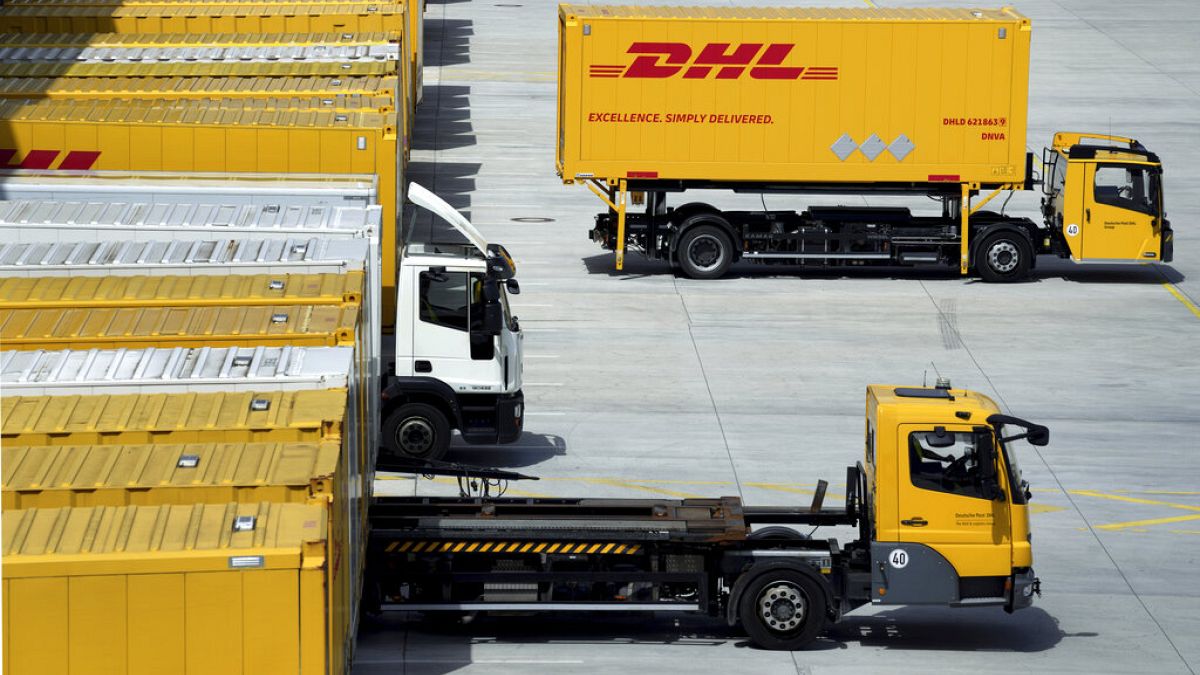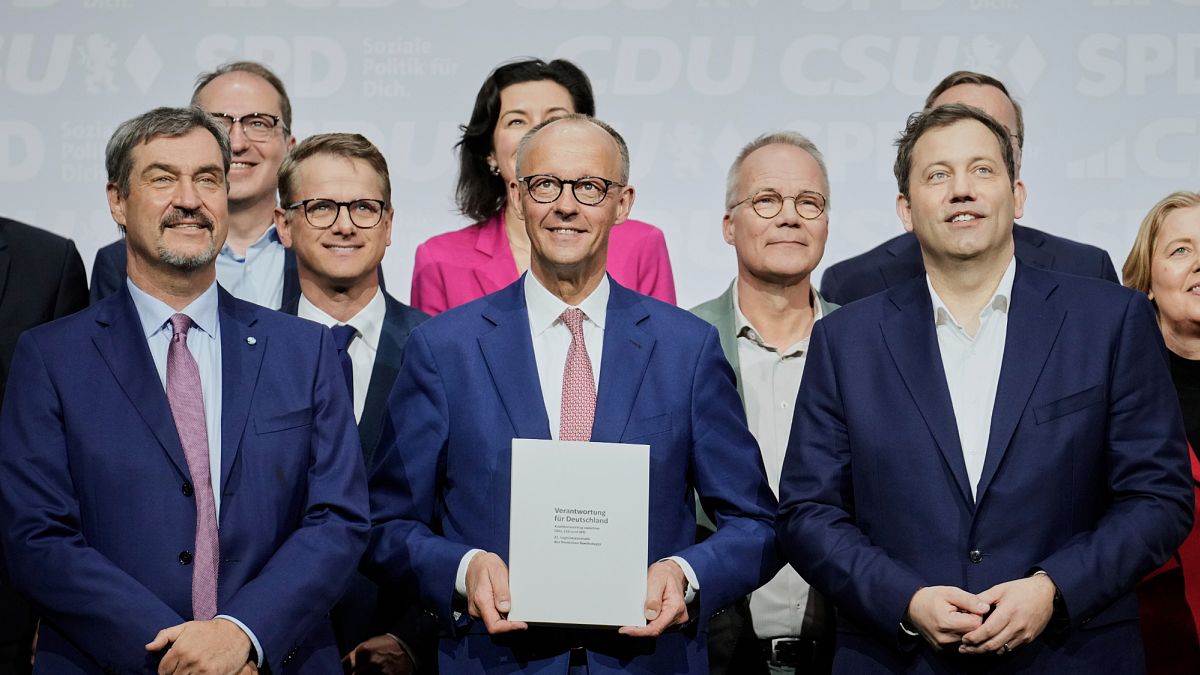Eurozone economy shows slight lift as Germany and France top forecasts

Eurozone GDP grew in the third quarter of 2024 at its fastest pace in two years, boosted by stronger-than-expected growth in Germany and France. The euro rose on positive data, while European stocks fell amid global market tensions and upcoming US election concerns.
The eurozone economy expanded at a surprising 0.4% quarter-on-quarter rate in the third quarter of 2024, according to Eurostat’s preliminary flash estimates, as Germany and France outperformed expectations.
The pace of economic growth in the currency bloc accelerated from the 0.2% recorded in the second quarter, defying economist predictions of 0.2% growth and marking the eurozone’s strongest expansion since the third quarter of 2022.
Growth in the European Union stood at 0.3%, matching the rate seen in the second quarter.
On an annual basis, seasonally adjusted GDP rose by 0.9% in both the euro area and the European Union in the third quarter of 2024.
German economy avoids contraction, French growth accelerates
Germany, the bloc’s largest economy, saw its GDP rise by 0.2% quarter-on-quarter, outperforming expectations of a 0.1% decline, preliminary data from the Federal Statistical Office showed.
This recovery followed a downwardly revised 0.3% contraction in Q2, supported by increased government and household consumption.
However, despite this resilience, Germany is still projected to end 2024 with a 0.2% contraction, marking its first back-to-back annual recession since the early 2000s after a 0.3% decline in 2023.
France posted a robust 0.4% GDP increase last quarter, up from 0.2% in the second quarter, bolstered by a rise in household consumption and government spending following the Paris Olympics.
According to INSEE, household consumption rebounded by 0.5%, driven by increases in purchases of goods, energy, and information services. Meanwhile, trade made a slight positive contribution to GDP as both exports and imports fell, while fixed investment declined further, mainly due to reduced spending on manufactured goods and services.
Among other eurozone members, Ireland led with a robust 2.0% quarterly increase, followed by Lithuania and Spain at 1.1% and 0.8%, respectively. However, economic contractions were seen in Hungary, Latvia, and Sweden.
Italy’s economy stalled, showing no growth after a modest 0.2% expansion in the second quarter, missing forecasts of a 0.2% growth.
Market reactions
The euro gained 0.3% on Wednesday, reaching 1.0840 against the US dollar, buoyed by the positive GDP data.
European sovereign bond yields saw little movement, with Germany’s Bund yield holding steady at 2.3%.
However, European stocks faced losses, impacted by negative sentiment from Asia as traders prepared for potential volatility ahead of the next week’s US election and Federal Reserve rate decision.
Italy’s FTSE Mib was the hardest hit among major indices, falling 1.3%, driven down by a 15% drop in Campari and a 3% decline in Stellantis.
France’s CAC 40 index slipped 0.9%, with luxury stocks Kering and LVMH down 3.8% and 2.5%, respectively. The Euro Stoxx 50 also fell by 0.9%, affected by declines in French luxury brands, Dutch tech giant ASML Holding, and European banks.
Investors are now turning their focus to Germany’s October inflation report, due later in the day, and eurozone-wide inflation data set for release tomorrow, both of which could influence expectations regarding the European Central Bank’s next rate decisions.
Source: Euro News















